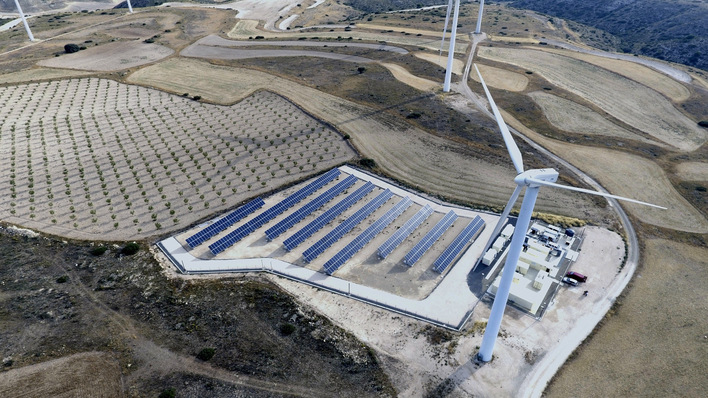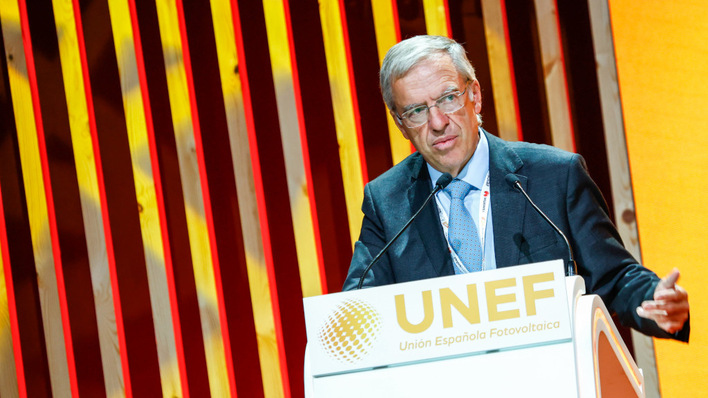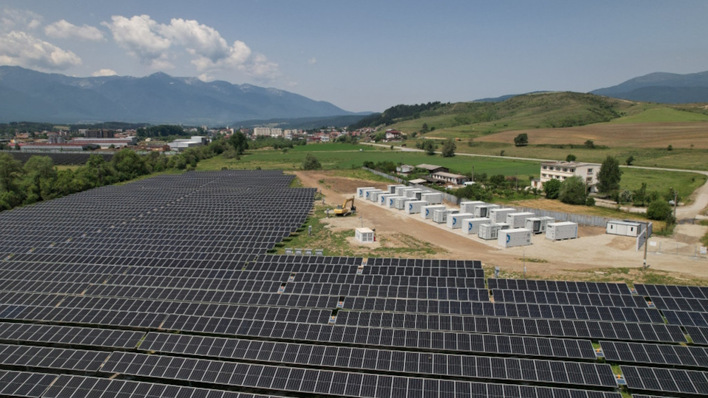The European federation of energy communities represents a network of 2,500 energy communities and 2 million citizens who are active in the energy transition. This year’s annual European Energy Communities Forum offers a wide range of workshops, exchanges and interactive sessions for both starting and more established citizen-led energy initiatives and anyone who seeks to boost a more just, democratically governed energy system.
Europe sees rapid expansion of large-scale battery systems
CID support for energy communities
In February, the European Commission officially launched its Clean Industrial Deal (CID). As part of this initiative, the Commission introduced the “Affordable Energy Action Plan”, which outlines a range of measures designed to lower energy costs for citizens, businesses and communities across the EU. The European Federation of Energy Communities has welcomed the action plan’s pledge to deliver a “Citizens’ Energy Package” by the end of 2025 – a move seen as a strong signal in support of community-led energy initiatives.
Poland increasingly a solar heavyweight
Simplification as a strategy
Specifically, the package aims to improve opportunities for communities, citizens and businesses to come together in energy communities and support initiatives like energy sharing. It will be especially important given that most Member States have yet to implement the framework conditions for energy communities required under existing EU law. The Action Plan also proposes further measures likely to benefit energy communities, including simplified rules for network charges, power purchase agreements (PPAs) and permits for building and connecting renewable energy installations.
Kenneth Frey new Head of Europe of SOFAR
Criticism on the CID
Alongside its praise, the European Federation of Energy Communities has also voiced strong criticism of the CID. It argues that parts of the initiative reflect misguided priorities and strategies that favour corporate interests over social fairness.
The Federation sees proposals such as small modular reactors as deliberate distractions with no real link to the goal of affordable energy. It also strongly opposes plans to release investment for liquefied natural gas infrastructure, which would increase gas imports, and criticises moves to roll back EU legislation that holds companies accountable for human rights and environmental standards.
Polish pv wholesaler Menlo Electric tops list of European growth companies
The President of the Federation to CID
Dirk Vansintjan, President of the European Federation of Energy Communities, explains: “Energy communities are social economy actors that represent a growing and innovative part of European industry and will play a key role in advancing the energy transition. But to truly revitalise the European economy, the Clean Industrial Deal must serve as a social contract – one that puts people first by simplifying regulations for local production, distribution and supply of renewable electricity and heat, and supporting citizen-focused approaches to renovation and energy savings.”
Poland Surpasses 21 GW Milestone in PV Installations in 2024
Great expectations for the gathering in Poland
In any case, the CID offers plenty of material for discussion at the upcoming meeting of European Energy Cooperatives in Kraków, promising an engaging and hopefully productive three-day event. The host city is a fitting choice – in recent years, Kraków has successfully transformed from a coal-dependent community into a modern municipality with a strong focus on green energy and service-led development. (mg)









